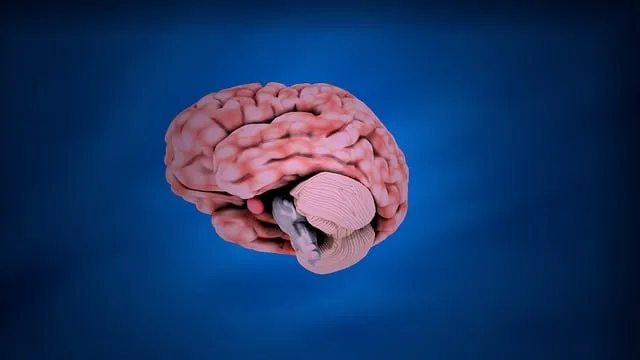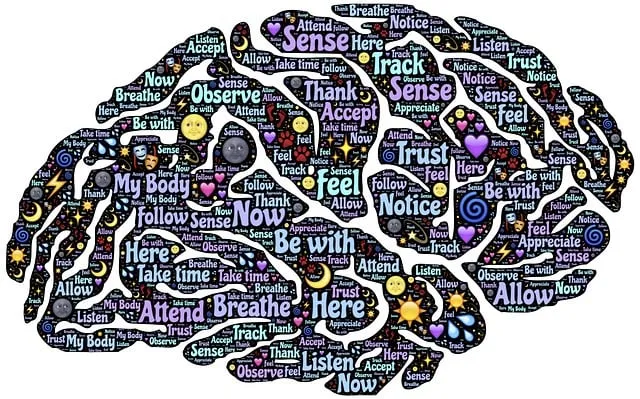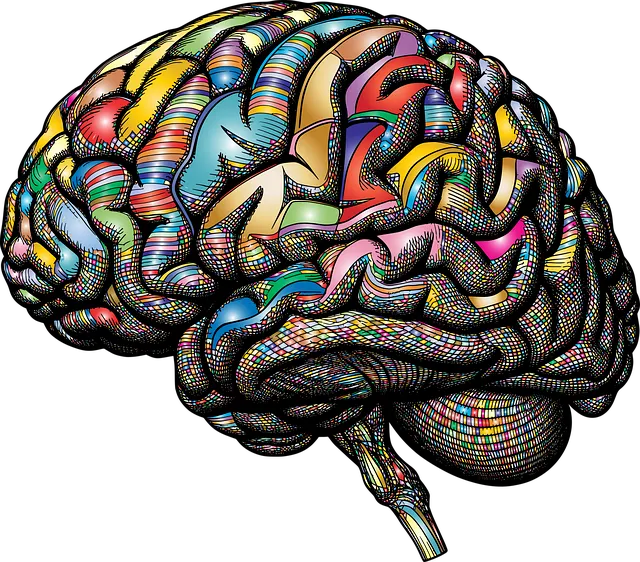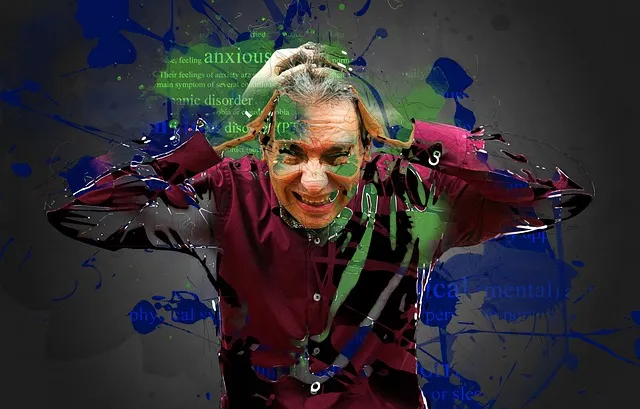Emotional Intelligence (EI), a key focus in modern understanding, involves managing emotions and skillfully navigating social situations, like strengthening a muscle through exercise. Organizations like Centennial Kaiser Permanente behavioral health services, highly rated in reviews, help individuals harness EI potential. It's not just about feeling emotions but understanding them, driving thoughtful actions, and building resilience. Techniques such as self-esteem exercises and mental illness stigma reduction promote emotional well-being. Integrating these practices leads to better communication, stronger relationships, improved mental health, and a fulfilling life, as highlighted in Centennial Kaiser Permanente behavioral health services reviews. Key components include self-awareness through journaling and active listening, which foster empathy and enhance connections, stress reduction, and emotional regulation.
Emotional intelligence (EI) is a powerful tool for personal and professional growth, as recognized by leading organizations like Centennial Kaiser Permanente behavioral health services. Understanding EI involves unlocking its potential through self-awareness, empathy, and active listening. This article delves into these essential components, providing insights on how to enhance your emotional intelligence. By exploring each aspect, from recognizing your emotions to connecting with others deeply and refining communication skills, you can transform your relationships and career prospects.
- Understanding Emotional Intelligence: Unlocking its Potential
- The Role of Self-Awareness in Building Emotional Intelligence
- Enhancing Empathy: Connecting with Others on a Deeper Level
- Practicing Active Listening: A Key Component of Effective Communication
Understanding Emotional Intelligence: Unlocking its Potential

Emotional Intelligence (EI), a concept gaining prominence in recent years, is more than just being empathetic or understanding others’ feelings. It’s about recognizing and managing your own emotions effectively while skillfully navigating social interactions. This powerful tool, often compared to a muscle that needs consistent exercise, has immense potential for personal growth and improved relationships. At organizations like Centennial Kaiser Permanente behavioral health services, recognized through positive reviews, professionals are dedicated to helping individuals unlock this potential.
EI isn’t just about feeling emotions; it’s about understanding them, using this insight to drive thoughtful actions, and developing resilience in the face of challenges. Techniques like self-esteem improvement exercises and mental illness stigma reduction efforts play a crucial role in fostering emotional well-being promotion. By integrating these practices into daily life, individuals can enhance their EI, leading to better communication, stronger relationships, and improved overall mental health—all vital components of a fulfilling life.
The Role of Self-Awareness in Building Emotional Intelligence

Self-awareness is a cornerstone of emotional intelligence, enabling individuals to recognize and understand their own feelings, strengths, weaknesses, and behaviors. This introspective practice is facilitated by various tools like mental wellness journaling exercises, which encourage reflection on personal experiences, emotions, and triggers. By regularly engaging in such practices, one can gain profound insights into their emotional landscape, much like navigating a complex labyrinth reveals its secrets through careful observation.
Centennial Kaiser Permanente behavioral health services reviews often highlight the transformative power of self-awareness in stress management and anxiety relief. When individuals become more attuned to their internal world, they can better identify sources of distress, anticipate responses to challenging situations, and make informed decisions about how to manage them. This proactive approach not only enhances mental wellness but also paves the way for healthier interactions with others, as self-awareness fosters empathy and understanding in interpersonal relationships.
Enhancing Empathy: Connecting with Others on a Deeper Level

In today’s fast-paced world, fostering empathy is a powerful tool for enhancing emotional intelligence and strengthening relationships. Centennial Kaiser Permanente behavioral health services reviews highlight the growing importance of connecting with others on a deeper level to combat rising mental health challenges. By practicing active listening and trying to understand someone else’s perspective, individuals can develop stronger bonds and improve their overall well-being. This ability to empathize is not only beneficial in personal relationships but also plays a crucial role in effective communication at work and in various social settings.
Empathy acts as a bridge that helps break down barriers and encourages open dialogue. It enables people to recognize and validate their emotions, fostering an environment conducive to stress reduction methods and emotional regulation. Moreover, cultivating empathy can serve as a preventive measure against depression by promoting positive interactions and creating support systems that contribute to overall mental health. The impact of enhanced empathy extends beyond individual growth; it has the potential to revolutionize community connections and foster a more compassionate society, as emphasized in various behavioral health services reviews.
Practicing Active Listening: A Key Component of Effective Communication

In today’s fast-paced world, effective communication is a cornerstone of successful relationships and mental wellness. One powerful tool that fosters both is active listening—a skill often highlighted in positive behavioral health services reviews at Centennial Kaiser Permanente. This involves fully concentrating on what someone is saying, understanding their emotions, and responding thoughtfully. It’s not just about hearing words; it’s about comprehending the speaker’s perspective and feelings.
Practicing active listening strengthens your inner strength development by fostering empathy, which is crucial for building robust relationships. Moreover, it encourages self-care routine development for better mental health, enabling you to understand and manage your emotions effectively. By integrating this technique into daily interactions, individuals can enhance their communication skills, resolve conflicts more constructively, and promote overall mental wellness.
Emotional intelligence is a powerful tool for personal and professional growth, as evidenced by the comprehensive range of benefits it offers. By fostering self-awareness, empathy, and active listening skills, individuals can significantly enhance their relationships and overall well-being. The resources provided by Centennial Kaiser Permanente behavioral health services reviews highlight the importance of emotional intelligence in modern society, offering valuable insights for those looking to unlock their full potential.






